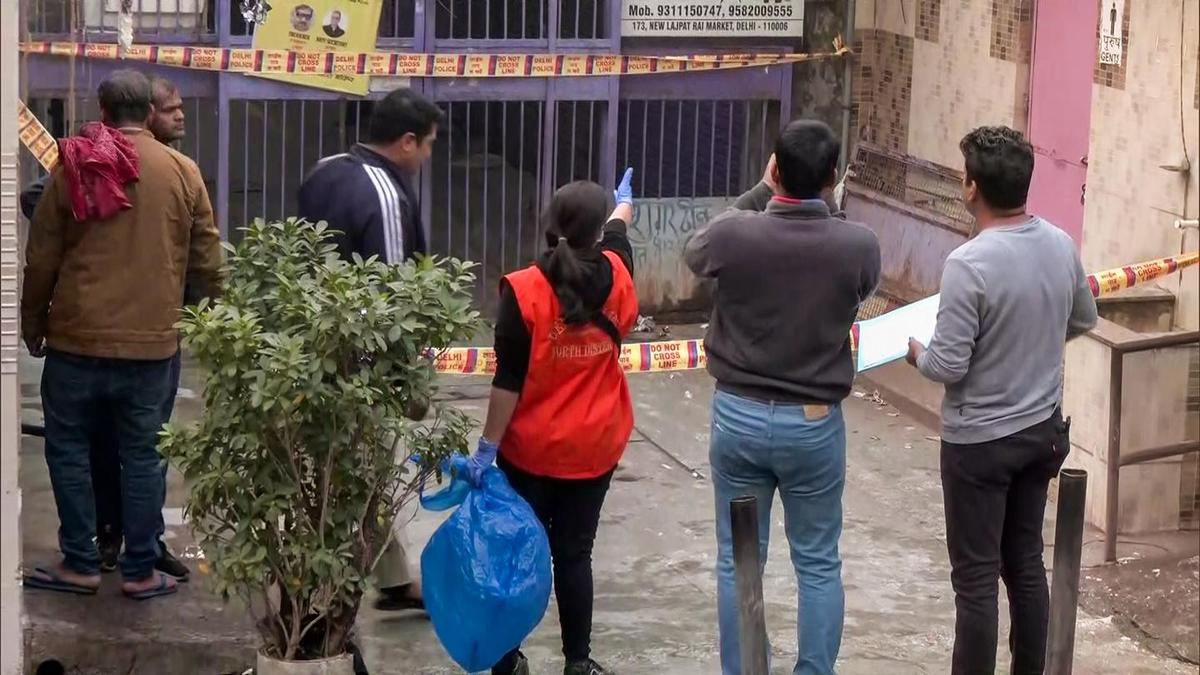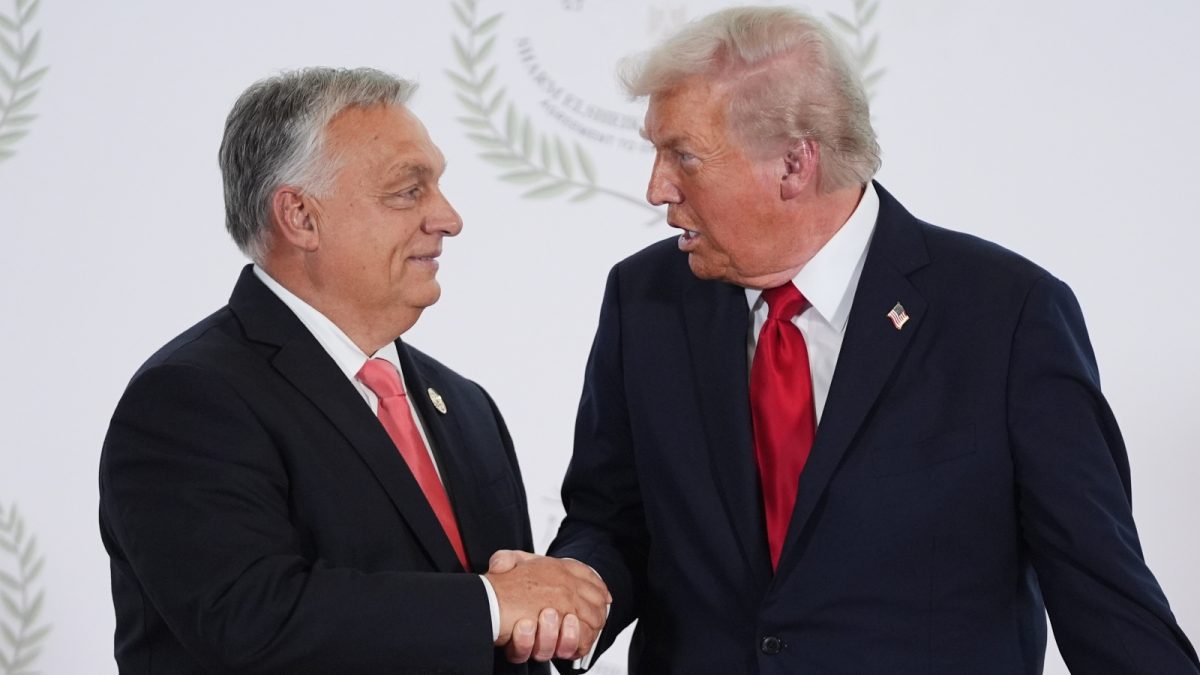Recently, journalists of The Hinduinteracted with Tamil film director Mari Selvaraj at the office in Chennai. A native of southern Tamil Nadu, Mr. Selvaraj spoke of how reading literature helped him understand where to draw creative boundaries.
Much like how words get lost in translation in literature sometimes, Mr. Selvaraj’s films are littered with local imagery and dialects which are either difficult to grasp for those from other regions, or offer a different meaning. In Vaazhai, characters often used the words thoora po. When translated into the English, this means “go away”, but in the dialects of southern Tamil Nadu, it means “get lost”. During the interaction at the office too, some of what was said got lost in translation and needed to be clarified.
Journalists also routinely struggle with translation. It is like walking on a knife edge. Any failure to translate a phrase or word without taking into account the cultural context, historical reverence, and linguistic nuances may prove disastrous.
As a journalist who launched his career in a Tamil newspaper, it has always been a challenge for me to translate the intended meaning of a speaker. I once made a mistake while translating Western countries’ “ulterior” motive in the Kosovo crisis for a newspaper. In that context, “ulterior” meant something existing beyond what is admitted, but I translated it as “inner motive” (ul nokkam).
In Chennai, whenever a leader from Delhi met the press, it would be followed by another press briefing with Tamil journalists. When we were told that Kamini, a reactor in the Kalpakkam Atomic Power Station, had “attained criticality”, we were unable to find a suitable phrase to describe the fact that the reactor had reached a state in which it was stable and self-sustaining in a nuclear chain reaction. We could only roughly translate it to convey that it had started functioning.
I confronted similar issues when I began reporting for English language publications. Sometimes, leaders use playful puns which make a tremendous impact, but are difficult to translate. There was once a tug-of-war between the DMK and the CPI over the allocation of the Nagapattinam Lok Sabha constituency. I asked former Chief Minister M. Karunanidhi whether there was any sikkal (problem) in sharing the seat with the CPI. He quipped, “Nagapattinathukku pakkathil than Sikkal irukkirathu.” “Sikkal” is a town near Nagapattinam, and he used the word as a pun. Even the best translation would not do justice to his pun.
I have also suffered from having my own writing translated. A book that deepened my respect for the Marudu Brothers, the rulers of the Sivaganga kingdom in 18th century India, is Military Reminiscences, by British officer Colonel James Welsh. He expresses unqualified admiration for Periya Marudu and Chinna Marudu as he learned Silambam and the throwing of the Valari (a boomerang-like weapon) from them. I quoted Welsh faithfully in my articles, but I found myself in trouble when someone translated one of my pieces into the Tamil. There were threats made over call to the office and to me. None of the callers had read my original article, but they were offended by a single reference to the Marudu Brothers as “dog keepers”. It is believed that the Marudu Brothers, as royals, kept an army of dogs that would tear apart the hamstrings of rival horses. Unfortunately, the translator rendered “dog keepers” as Naai Meipavarkal — herding dogs, a demeaning expression in Tamil.
This brings to my mind what the late writer and journalist, Valampuri John, said, while participating in a meeting of the CPI(M). The communist movement, he said, failed to achieve what it could have because of translation problems. “Left Wing” Communism: An Infantile Disorder by Vladimir Lenin was translated as Idathusari Communism-Ilamparuva Kolarau, implying a disorder suffered by young communists. Christianity, on the other hand, he said, was embraced by more people because of beautiful translation.

 1 hour ago
4
1 hour ago
4








 English (US) ·
English (US) ·